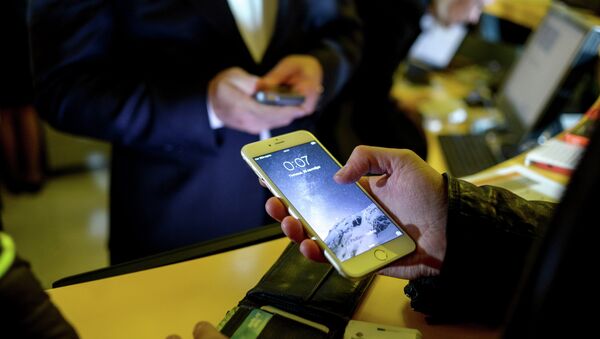"I don't know, although I'm quite experienced in this area, what happens to my personal data when I use it on a smartphone for proving my identity,” Sir John Adye told the House of Commons Science and Technology Committee at a meeting on Wednesday reported by the BBC. “Is Google going to use that data to target advertising at me? Is some other commercial company or maybe some hostile foreign government going to use it to target me in some other way? I don't know," he continued.
The intelligence expert, who is part of a panel of authorities helping British parliamentarians to assess the regulatory challenges posed by the new technology, also warned that the use of biometrics in mobile phones is particularly vulnerable because there is no physical supervision of it, in contrast to other uses: “If you go to an ATM and put in your credit or debit card, that system is supervised by the bank in some way,” he told MPs.
In a press statement released Friday, Committee Chair Andrew Miller MP criticized the terms and conditions forms used by companies to ensure consent from consumers, which are “often laughably long and written in the kind of legalese you need a law degree from the USA to understand,” and recommended new guidelines to explain to customers how their data is used.
The Committee also expressed concern at companies taking more information from customers than is necessary, and urged the government to work on ensuring that applications only take from individuals the information they actually need.


